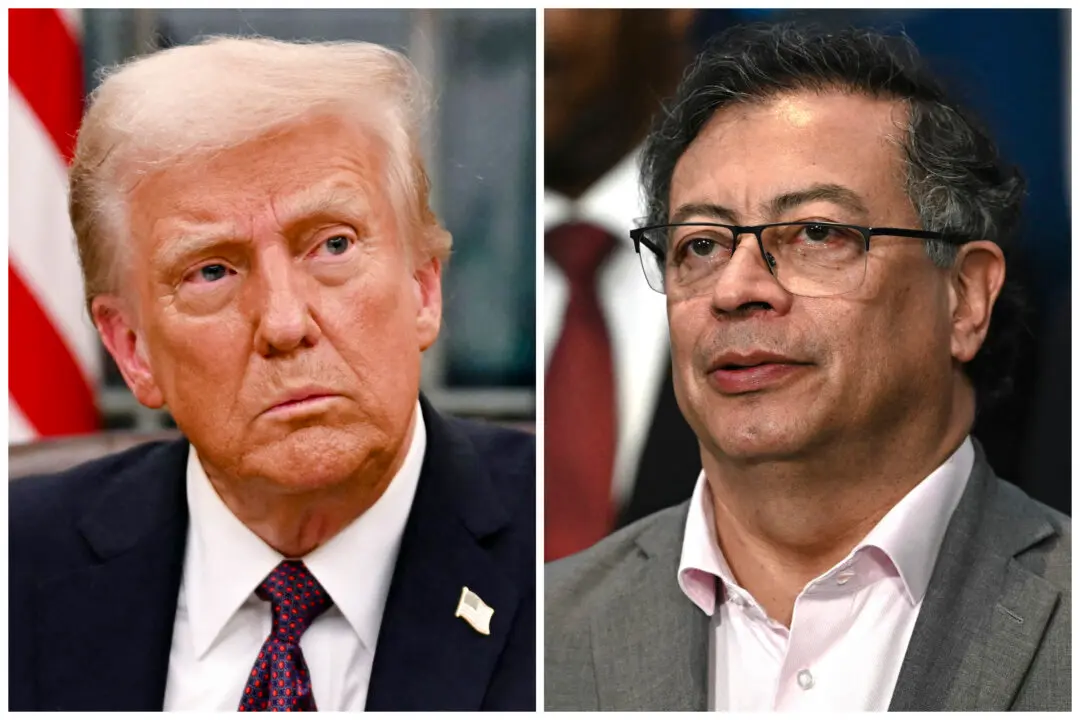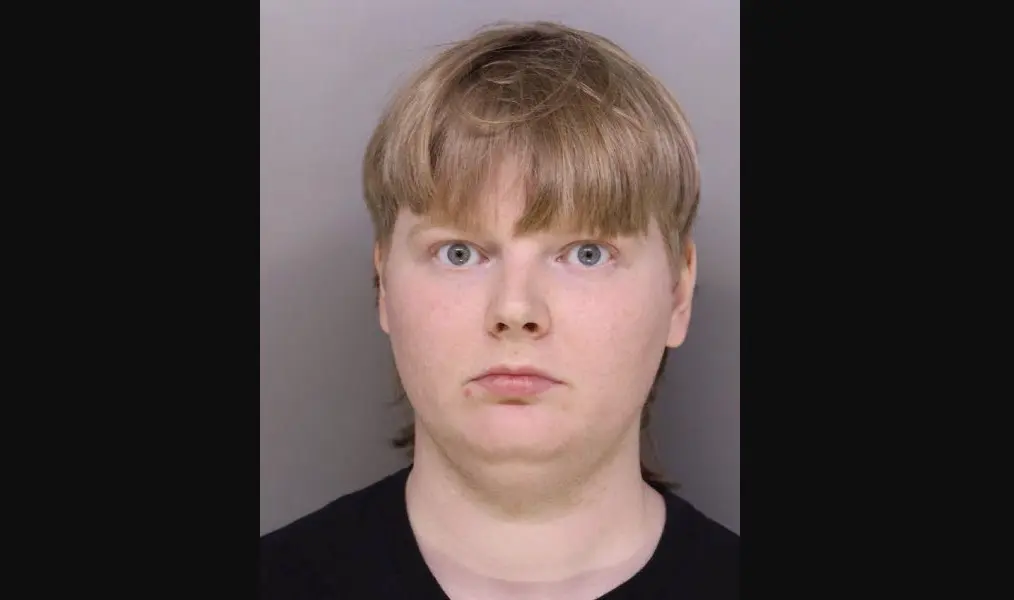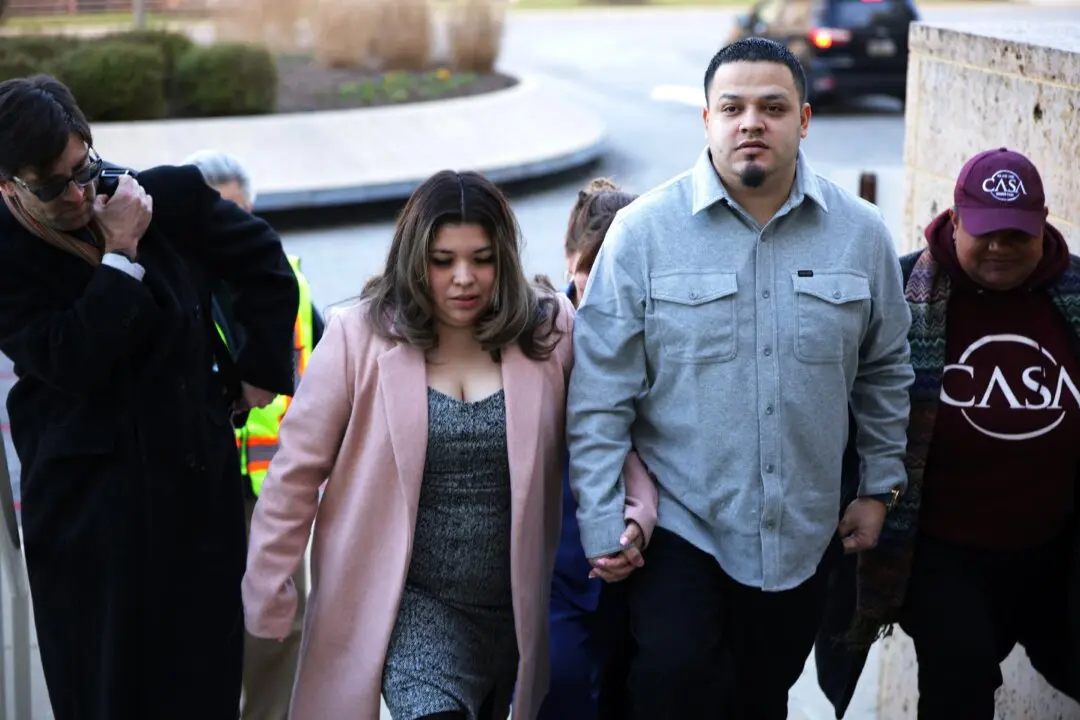Sri Lankan Prime Minister Ranil Wickremesinghe said that the nation’s intelligence services had received warnings about possible suicide bombings at “prominent churches” 10 days before the attacks.

Sri Lankan army soldiers secure the area around St. Sebastian's Church damaged in blast in Negombo, north of Colombo, Sri Lanka, on April 21, 2019. Chamila Karunarathne/AP Photo
|Updated:




